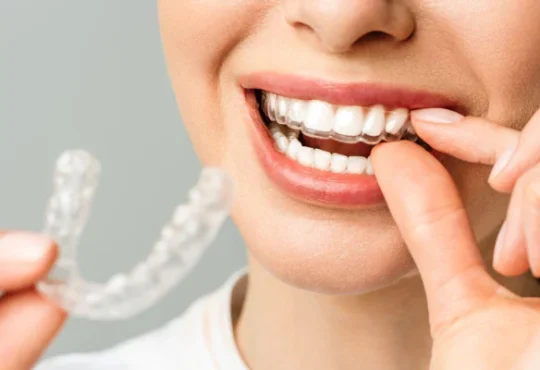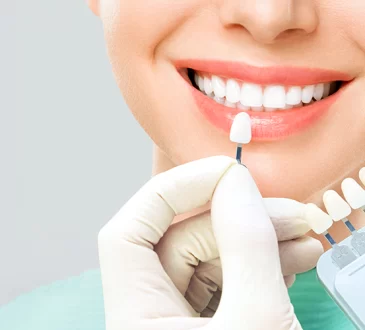The Connection Between Oral Health and Overall Well-Being

Oral health is a key part of our overall well-being. When we care for our teeth and gums, we not only prevent dental issues but also support our body’s health. Studies show a link between oral health and conditions like heart disease and diabetes. This connection highlights the importance of regular dental check-ups and hygiene habits. A dentist in Westwood, NJ, can provide essential care and guidance to keep our oral health in top shape. By brushing, flossing, and visiting the dentist regularly, we can prevent cavities and gum disease. This routine care is vital, as it contributes to our physical and emotional health. When our mouth is healthy, we feel better and more confident. So, let’s explore how taking care of our oral health connects to our entire body’s well-being and why it deserves our attention.
Understanding the Link
Our mouth is a gateway to the rest of the body. Bacteria and inflammation in the mouth can lead to health problems beyond dental issues. For instance, gum disease is linked to heart disease. The bacteria from affected gums can enter the bloodstream, affecting heart health. Additionally, people with diabetes often face gum disease due to blood sugar levels. This makes oral care even more critical for managing their condition.
The Centers for Disease Control and Prevention (CDC) notes that poor oral health can impact pregnancy outcomes. Pregnant women with gum disease might face a risk of premature birth. Moreover, oral health can influence respiratory health. Inhaling bacteria from infected teeth can lead to lung issues.
Daily Habits for a Healthier Mouth
Adopting good oral hygiene habits is key to preventing these health issues. Here are three essential practices to maintain oral health:
- Brush teeth twice a day with fluoride toothpaste.
- Floss daily to remove plaque and food particles.
- Visit the dentist regularly for cleanings and check-ups.
By incorporating these steps, we can reduce the risk of gum disease and tooth decay. Consistent care helps maintain a clean and healthy mouth, which in turn supports overall health.

The Role of Diet in Oral Health
Our diet plays a significant role in oral health. Foods high in sugar can lead to cavities. Bacteria in the mouth feed on sugar and produce acids that damage tooth enamel. To protect our teeth, we should limit sugary snacks and drinks. Instead, opting for foods rich in vitamins and minerals can strengthen teeth and gums.
Here is a helpful table summarizing foods that support oral health:
| Foods to Avoid | Foods to Include |
|---|---|
| Sugary candies and sodas | Fruits and vegetables |
| Sticky snacks like gummies | Dairy products |
| Refined carbohydrates | Nuts and seeds |
Oral Health and Emotional Well-being
Good oral health also affects our emotional state. A healthy smile can boost confidence and self-esteem. When we feel good about our appearance, we are more likely to engage in social activities and feel positive about ourselves. In contrast, dental issues can lead to discomfort and anxiety, affecting our quality of life.
The National Institute of Dental and Craniofacial Research (NIDCR) emphasizes the importance of maintaining oral health to enhance overall well-being. By taking preventive measures, we ensure that our smile reflects our health and happiness.
Conclusion
Oral health is intricately linked to our overall well-being. By understanding this connection, we can take steps to protect our health through simple yet effective habits. Regular dental visits, good hygiene practices, and a balanced diet play crucial roles. These efforts not only prevent dental issues but also bring long-term benefits to our body’s health and emotional state. Prioritizing oral health is an investment in a healthier, more fulfilling life.










